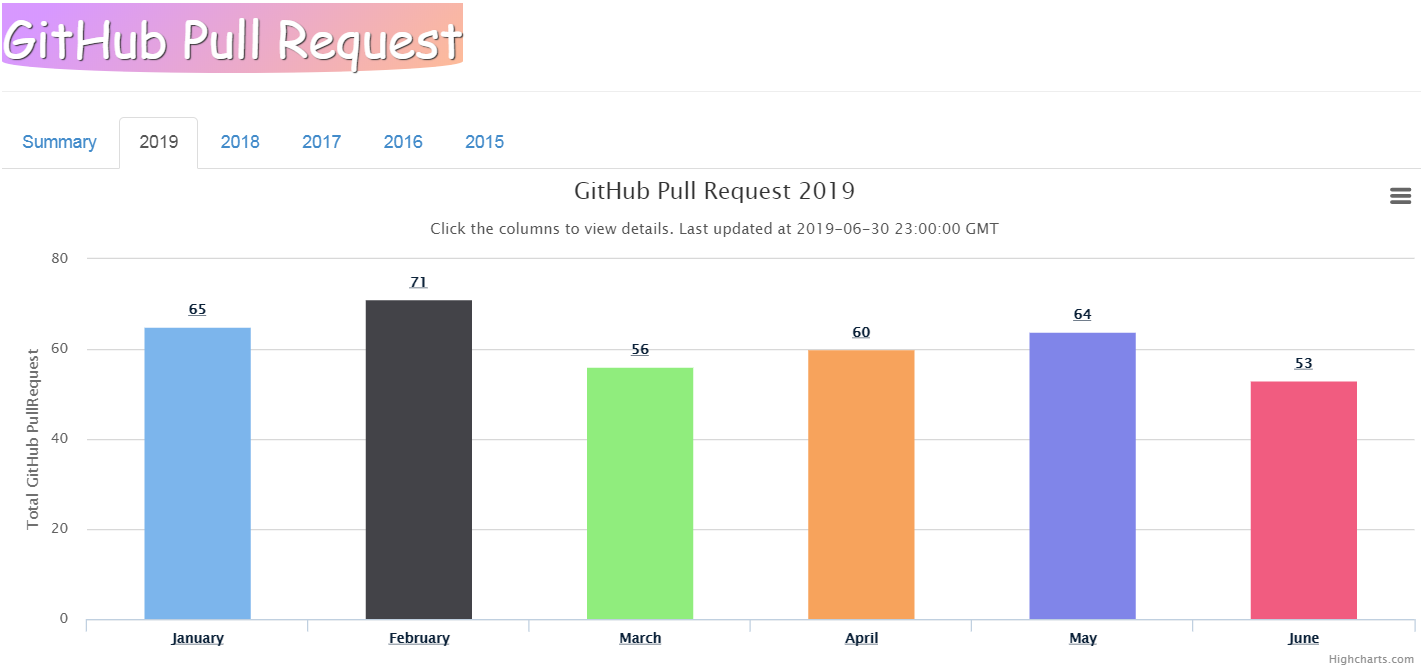Infinite work is less work
The first task of last week's Weekly Challenge was to print the
first ten strong and weak primes. A prime pn is "strong" if it's larger
than the average of its two neighbouring primes (i.e. pn > (pn-1+pn+1)/2).
A prime is "weak" if it's smaller than the average of its two neighbours.
Of course, this challenge would be trivial if we happened to have a list
of all the prime numbers. Then we'd just filter out the first ten that
are strong, and the first ten that are weak. In fact, it would be even
easier if we happened to have a list of all the strong primes, and a
list of all the weak ones. Then we'd just print the first ten of each.
But there are an infinite number of primes and of weak primes (and
possibly of strong primes too, though that's still only conjectured),
so building a complete list of the various subspecies of primes
is impractical in most programming languages.



